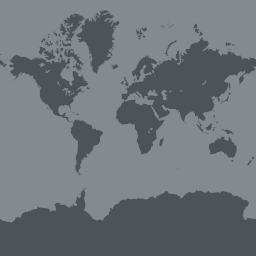The main objective of our proposed project is to mobilize natural history (NH) collection data housed in both government and non-government institutions in Fiji. These include collections held at the South Pacific Regional Herbarium and the Discipline of Marine Studies, both located at the University of the South Pacific (hereafter USP), and the Ministries of Forestry and Agriculture.
These collections offer broad coverage of temporal biodiversity and geography as they are often collected systematically for research. As such, we propose to mobilize data from physical collections rather than observational data.
Integral to our project is the integration of students and early-career researchers through specimen identification, data capture and mobilization, and the development of data management plans. This is an opportunity for the next generation of biodiversity practitioners to upskill, and understanding data principles (literacy, mobilization, open access) and will ensure career continuity within these collecting institutions.
We expect to publish >55,000 occurrence records across NH collections to GBIF. Data papers showcasing the project and the holdings of the NH collections will be published. Data access will increase the visibility of biodiversity occurring in Fiji and help direct conservation efforts for the different taxonomic groups and their ecosystems.
Our second objective is to bring the collections at the USP to an archival standard and collection management practices in place so that the collections’ integrity will be maintained into the future. This integrated approach will benefit the collections of the USP in the long term, continuing to build upon the foundation raised through this project.
Our project will help promote the incorporation of open-access biodiversity data into decision-making processes and to inform policy, and also raise collective awareness of the importance of collections.
Project progress
To-date the project achieved the mandatory milestones and hosted a virtual workshop in April 2022. The workshop was a great learning experience for all, and that was evident during the Q & A session where discussions revolved around sensitivity of sharing data and data ownership. Prior to the virtual workshop, an engagement survey was conducted using google forms, to assess the situational needs of biodiversity data holders.
821 new marine records have been published out of the 10,000 proposed records.
A brief media release was published on the IAS-USP webpage and details of the project were introduced as well as presentation of GBIF as a platform to mobilize data.


